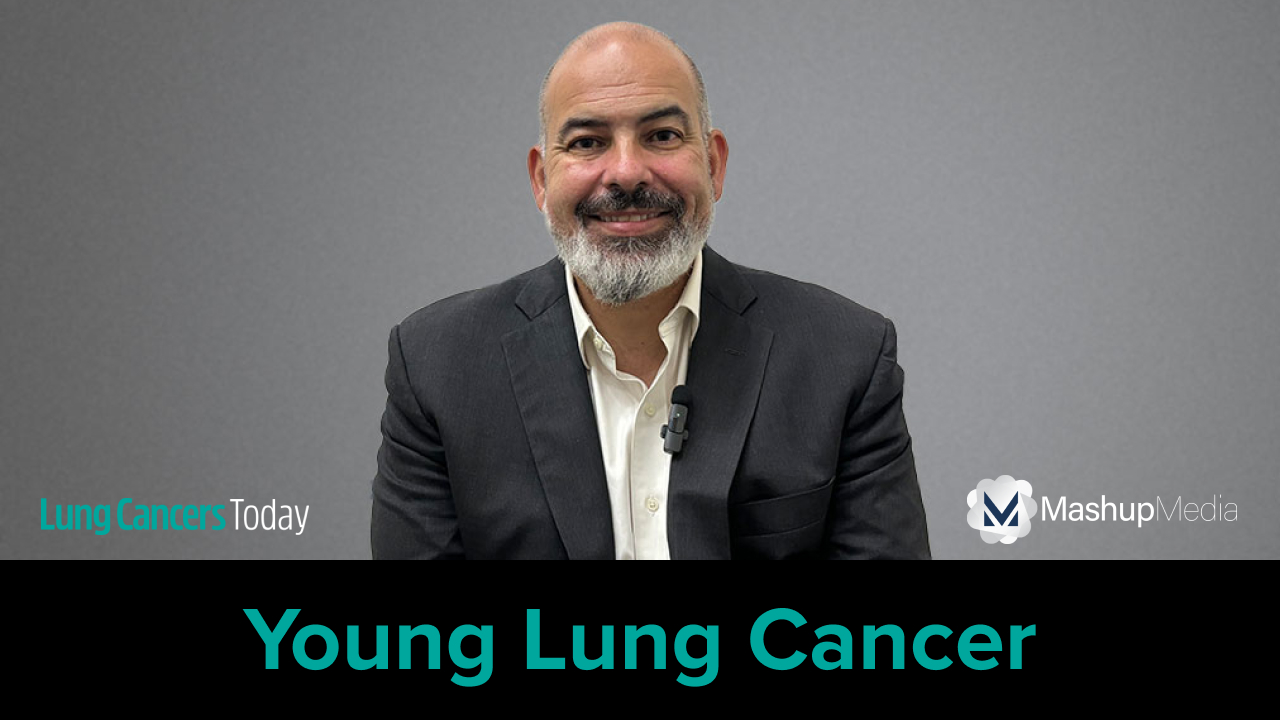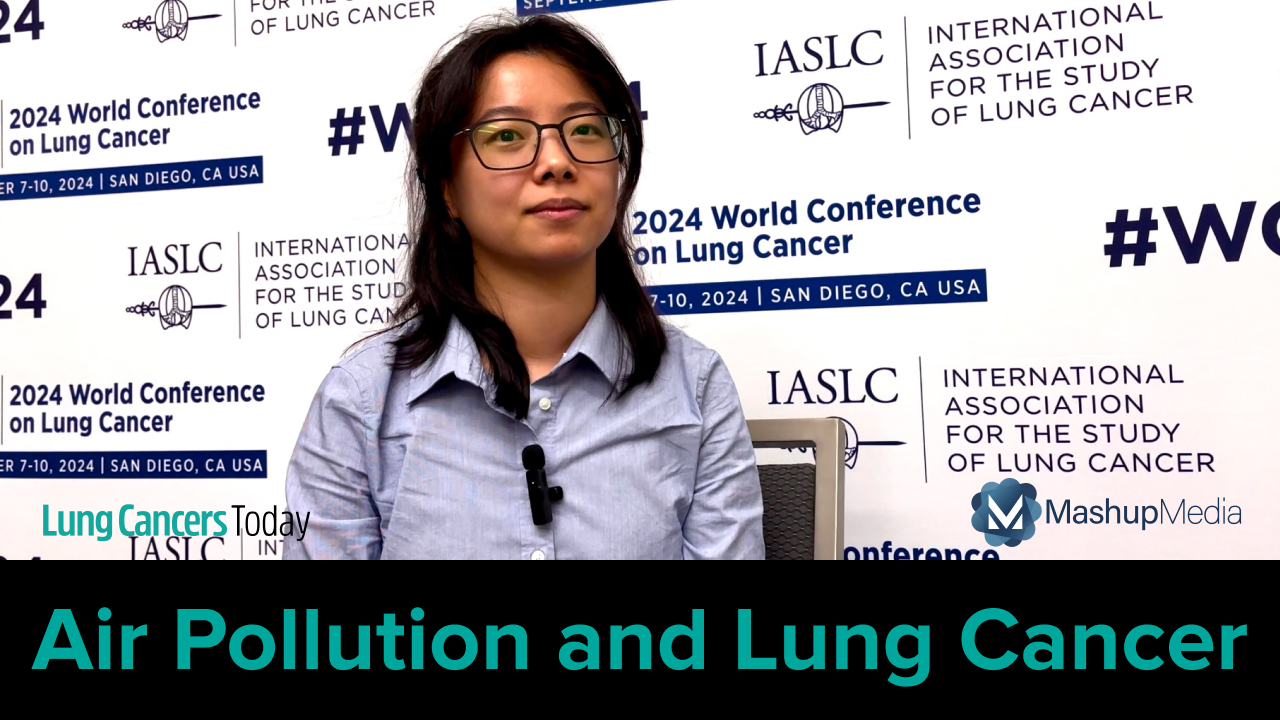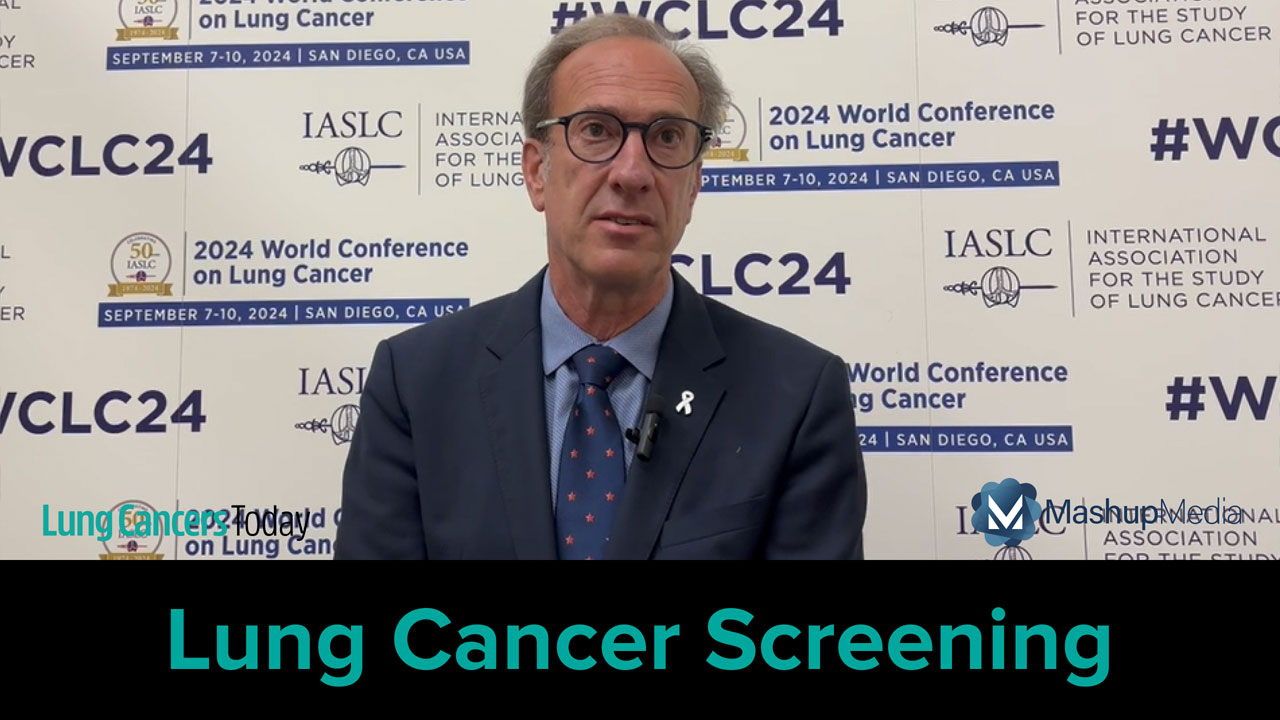
The phase 3 PROFIT study found that HR20013, which inhibits neurokinin-1 (NK-1) and 5-HT3 pathways, plus dexamethasone (DEX), was noninferior to the combination of fosaprepitant (FAPR) plus palonosetron (PALO) and DEX for reducing nausea and vomiting induced by cisplatin-based chemotherapy for non-small cell lung cancer. These findings were presented at the IASLC 2024 World Conference on Lung Cancer.
HR20013 is an intravenous formulation of HRS5580, a novel NK-1 inhibitor, and PALO. This randomized, double-blind trial enrolled chemotherapy-naïve patients who received cisplatin-based highly emetogenic chemotherapy. On day 1 of each cycle, HR20013 was administered to 373 patients, and FAPR plus PALO was administered to 377 patients. All patients received oral dexamethasone on days 1-4. Patients were administered identical blinded treatments for 2 cycles, and the primary endpoint was complete response (no emesis/no rescue) after chemotherapy in cycle 1. The noninferiority margin was a -10% difference between groups.
The complete response rates were 77.7% and 78.2% for HR20013 and FAPR plus PALO in cycle 1, respectively, meeting the noninferiority threshold. Complete response rates were similar between groups in the acute (0-24 hours) and delayed (24-120 hours) phases in both cycles.
Rates were higher in the HR20013 group in the beyond delayed phase (120-168 hours) in both cycles (cycle 1: 90.3% vs 86.5%; cycle 2: 92.7% vs 87.8%). The investigators noted a trend toward higher rates of complete protection (CP plus visual analog scale score <25 mm) and total control (CP plus visual analog scale score <5 mm) in the beyond delayed phase for the HR20013 arm, particularly in cycle 2. The safety profile in both groups was similar.
“HR20013+DEX was non-inferior to FAPR+PALO+DEX in prevention of cisplatin-based [highly emetogenic chemotherapy-induced nausea and vomiting,]” the authors summarized.
Reference
Zhang L, Zhao Y, Zhang M, et al. Phase 3 Study of HR20013 For Prevention of Cisplatin-based Chemotherapy-induced Nausea and Vomiting (PROFIT Study). Abstract OA07.05. Presented at the IASLC World Conference on Lung Cancer; September 7-10, 2024; San Diego, California.







 © 2025 Mashup Media, LLC, a Formedics Property. All Rights Reserved.
© 2025 Mashup Media, LLC, a Formedics Property. All Rights Reserved.